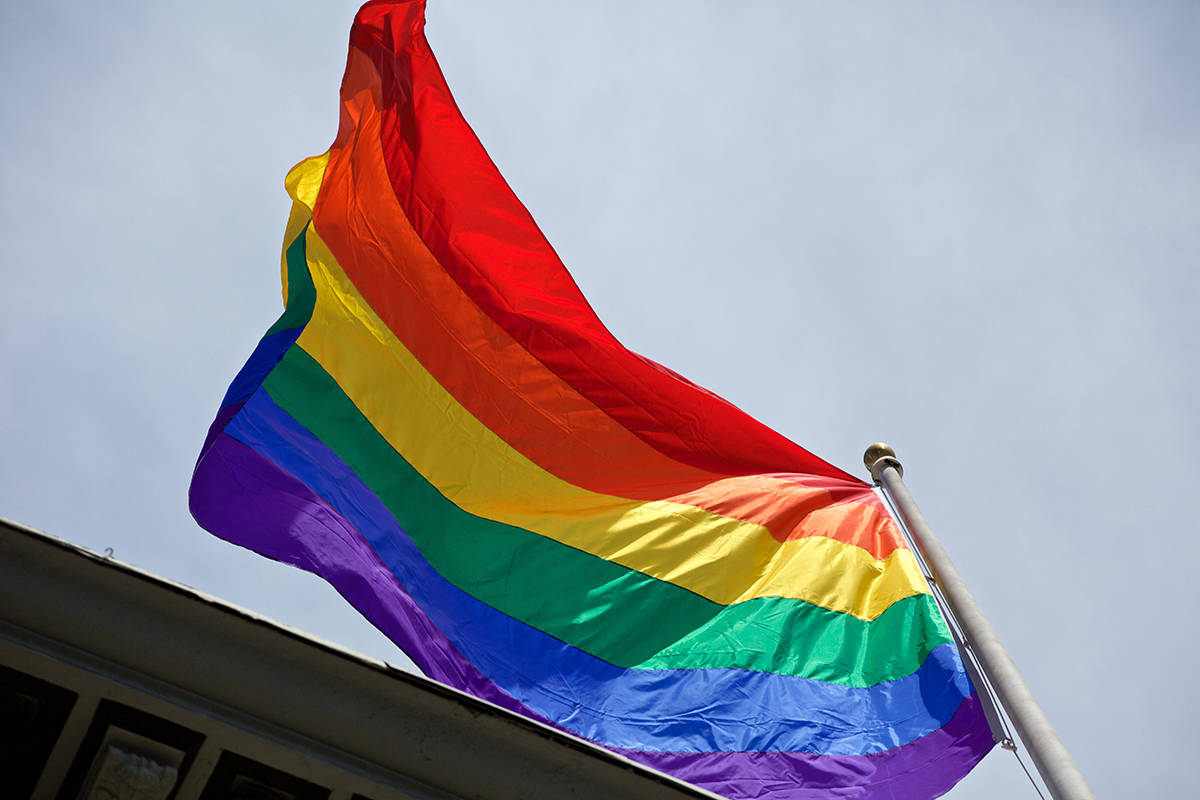The Kenai City Council passed a resolution Wednesday night in support of state legislation that would expand protections under Alaska’s hate crime laws.
Resolution 2020-05 passed the city council by a vote of 5-2, with Kenai Mayor Brian Gabriel and council member Robert Peterkin both voting against it.
The resolution is in support of Alaska House Bill 198, which is titled “An Act relating to aggravating factors considered at sentencing.” HB 198, if enacted, would expand the language in AS 12.55.155(c) to include “sexual orientation and gender identity” in the list of protected classes considered when determining aggravating factors at sentencing. This change would make it so that crimes motivated by the victim’s sexual orientation or gender identity can have sentences imposed that are above the presumptive ranges laid out in AS 12.55.125. Alaska’s statute currently offers protections for crimes motivated by a victim’s race, sex, color, creed, physical or mental disability, ancestry or national origin.
Soldotna City Council passed a similar resolution in support of HB 198 on Jan. 22.
During public testimony, Tammie Willis of Sterling spoke in support of Kenai’s resolution. HB 198 was introduced in the wake of a Soldotna town hall last January that was organized after Willis reported being attacked in her home at knifepoint in December — an attack she believes was motivated by her sexual orientation.
“I want to thank Vice Mayor Molloy and Council Member Navarre for putting forth this resolution,” Willis said. “This resolution means a lot to us in the LGBTQ community because it shows that this is a community that’s not going to tolerate the hate, and it’s going to stand beside us and behind us as we move forward and contribute to the community at large.”
Navarre said that he supported the resolution after attending the town hall, where he said his eyes were opened to a problem in the community that he didn’t realize existed.
“People say ‘I knew a person in high school’ or ‘I know someone at work’ like it gets them off the hook, but at the same time they say ‘I don’t want to belong, I don’t want to support you, I don’t want to give you extra protection or extra recognition’,” Navarre said. “And in this particular case, what they ask for isn’t special recognition, they only ask for equal representation. In the law and in everything else.”

